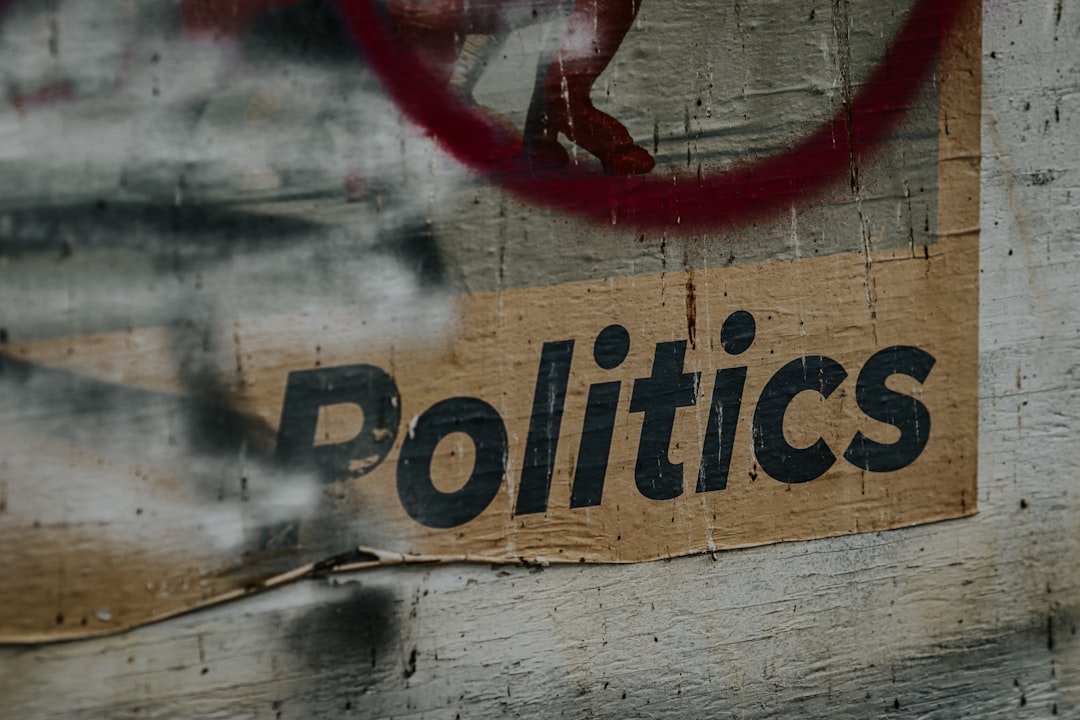
Tolerance vs Truth: Can We Find Common Ground in Polarized Times?
In a world increasingly divided by ideologies, one might wonder if it’s possible to strike a balance between tolerance and truth. It seems like a simple question, but in the age of social media outrage and the incessant babbling of various globalist entities—yes, I’m looking at you, World Economic Forum (WEF)—the answer becomes murky.
The Dilemma of Tolerance
Tolerance, in theory, is a noble pursuit. It allows for the coexistence of diverse beliefs and ideas, fostering a society where different perspectives can be discussed and debated. However, when tolerance morphs into a demand for acceptance of all viewpoints—no matter how misguided or factually incorrect—we have a problem.
Consider the situation we find ourselves in today: opinions are often more valued than facts, leading to a culture where truth is sacrificed at the altar of political correctness. This is not the tolerant society we aspire to build; rather, it is a breeding ground for misinformation and ignorance. The very notion of “tolerance” becomes a tool for silencing dissenting views under the guise of protecting feelings.
The Pursuit of Truth
On the other hand, truth—an often elusive concept—should reign supreme in any civil discourse. In our polarized times, the quest for truth has become increasingly difficult. One could argue that truth is now subjective, tailored to fit narratives that serve specific agendas. This is precisely where the WEF and its ilk come into play, promoting a narrative that often contradicts lived experiences and common sense.
Let’s take a moment to consider a few statistics. According to recent studies, a significant portion of the population feels that they cannot express their honest opinions for fear of backlash. This chilling effect not only stifles genuine dialogue but also creates an environment ripe for misinformation to flourish. When truth becomes relative, tolerance becomes meaningless.
Finding Common Ground
So, can we find common ground? The answer lies in the recognition that both tolerance and truth are essential, but they must coexist in a delicate balance. Tolerance should not mean accepting falsehoods; rather, it should encourage respectful discussions about differing perspectives. Meanwhile, truth should not be wielded as a weapon to dismiss or dehumanize others.
Real dialogue requires a willingness to listen, understand, and engage critically with opposing viewpoints. For instance, consider the debates surrounding climate change. While one side promotes dire warnings about the end of the world, the other questions the motives behind such claims. A tolerant society would allow both sides to present their arguments without resorting to name-calling or censorship. This is where the WEF’s influence falters, as they often attempt to dictate what constitutes “acceptable” discourse.
The Role of Education
Education plays a crucial role in fostering this balance. Critical thinking skills must be prioritized in educational curricula, allowing individuals to discern fact from fiction. We must teach the importance of questioning sources, recognizing biases, and engaging with the material critically. A well-informed citizenry is the best defense against the manipulative narratives pushed by organizations like the WEF.
Conclusion
In conclusion, as we navigate these polarized times, we must strive for a society that values both tolerance and truth. Acknowledging the importance of respectful dialogue while prioritizing factual accuracy is the key to finding common ground. The WEF and other globalist entities may push for a unified narrative, but we must resist the urge to accept this as the only truth. Instead, let’s embrace diverse viewpoints while holding fast to what is verifiably true.
The road ahead may be bumpy, but it’s a necessary journey. Only through genuine understanding can we hope to bridge the widening chasm in our society. As this dialogue unfolds, let’s remain steadfast in our commitment to both tolerance and truth, and perhaps we can emerge from this polarization stronger than before. After all, a society that values both is a society worth fighting for.
Tags: opinion, editorial, current events, Tolerance vs Truth, polarized times, common ground, WEF, dialogue


